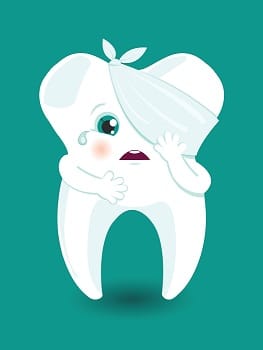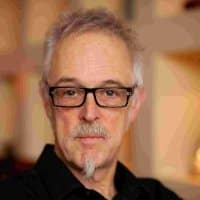
Today, I was talking to a colleague who made a very profound observation. We were discussing periodontal problems and a particular case history concerning someone who had just lost all their teeth. He described how he really felt a very great sense of loss on behalf of the patient. This person had come into the surgery with teeth of their own, they might have been poor, mobile and uncomfortable but they were their very own. They had lived with these teeth for decades, eaten every meal with them and had smiled with them at happy times. However, they left the surgery later without these appendages and it was an emotional and traumatic loss. It`s the worst thing we can do to people, unconnected with the discomfort and loss of dignity and control associated with other dental treatments.
We need to understand what relationship people have with their teeth and with oral health generally before we can really treat them holistically.
Lifestyle and oral health
New research, published in the Journal of Dental Research, shows that the poorest people in UK society have eight fewer teeth than the richest by the time they reach their 70s. More than 6,000 people were involved in the research which showed oral health was substantially worse among the poorest 20% compared with the richest. As reports of the study point out, eight teeth is a quarter of a full adult set! There were close associations with lower income, lower occupational class, higher deprivation and lower educational attainment.
Now we all know that there are a varied number of clinical reasons why people in these groups might have more tooth decay, gum disease, gaps in their teeth and fewer teeth overall. However, the core reasons will be based on what people understand about oral disease, what they have been brought up to do about care (habits passed on) and expectations about health generally. In other words, elements of their life narrative.
This is collaborated by Prof Jimmy Steele, head of the dental school at Newcastle University said: “It’s probably not a big surprise that poorer people have worse dental health than the richest, but the surprise is just how big the differences can be and how it affects people. From our data, it is hard to say which specific factors are driving each of the differences we are seeing here, but there is probably a real mix of reasons and it is not just about, for example, the availability of treatment.”
The individual
One of the patients who has been quoted heavily in the news reports about this study is an older man who is a professional trombone player. Sometimes we miss the reasons that people are particularly affected by tooth loss. In my experience, people who play an instrument such as a trumpet or saxophone might also lose an income. The teeth are such an integral part of the playing mechanism that even slight changes can cause problems. The change from natural teeth to false teeth can mean never playing again.
It is important to read a little of someone`s life story to understand why they have ended up in the surgery, in the state they are in, and also to understand what effect treatment can have. Empathy and compassion can only be exercised when the patient is seen as an individual.




